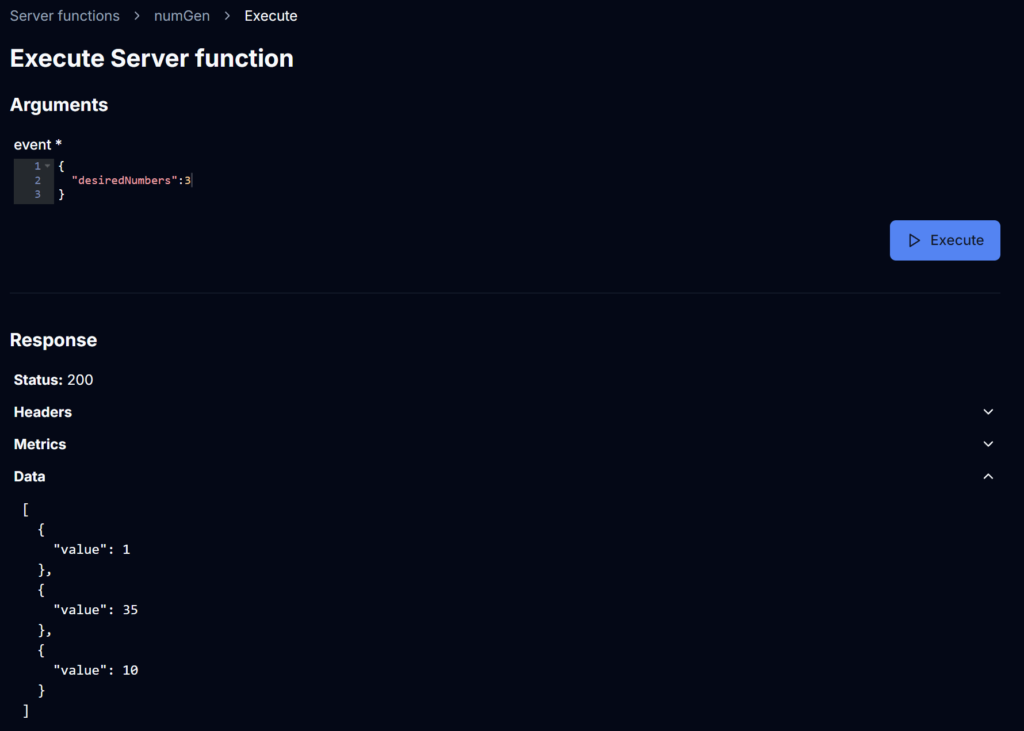We’re excited to announce a significant enhancement in PolyAPI’s version 15: Function Invocation via UI. This new feature allows users to easily execute functions directly from our UI, offering a quick way to validate behavior. It marks the start of a broader set of capabilities aimed at creating a more structured, enterprise-grade API client.
Why Function Invocation via the UI Matters
- Instant Function Understanding: By quickly executing a function, users can immediately assess if it fits their needs. While documentation and schemas are helpful, there’s nothing like seeing a function in action.
- Effortless Testing: Invoking functions with different parameters ensures that APIs or server functions are working as expected, providing an essential assurance.
What Makes This Feature Valuable?
- UI Integration: Users can execute functions directly within our catalog UI, alongside the relevant metadata and documentation, making discovery and execution seamless.
- Input Models: Execution fields are provided with the correct data types, and required versus optional fields are clearly marked, simplifying the process of supplying the right arguments.
- Detailed Response: The feature returns a full response, including status codes, response headers, payload, and execution metrics, giving users complete visibility into how the function behaves.
Aligning with PolyAPI’s Vision
At PolyAPI, we aim to simplify the creation and management of integrations, orchestrations, and microservices. Testing and executing function primitives is critical for selecting the right building blocks and troubleshooting. This feature is just the start of what we have planned. Future enhancements include:
- Public Function Execution: The ability to execute out-of-the-box functions from PolyAPI and our partners.
- Webhook Test Executions: Easily simulate webhooks and events to test inbound calls.
- Variable Selection: Populate execution arguments from a list of available variables in the current environment.
- Model Interpretation & Pre-Population: Automatically interpret input schemas, generate objects with predefined structures, and allow one-click test data generation.
- Saved & Shared Calls: Save example calls for personal reference or share them within your environment for collaborative testing.
- Schema Stitching: Detect schema differences between actual function executions and their metadata, with recommendations for aligning schemas more accurately.
We’re excited to continue evolving this feature and enhance our industry-leading middleware solution. Want to learn more? Reach out to us at hello@polyapi.io.
Screenshot

